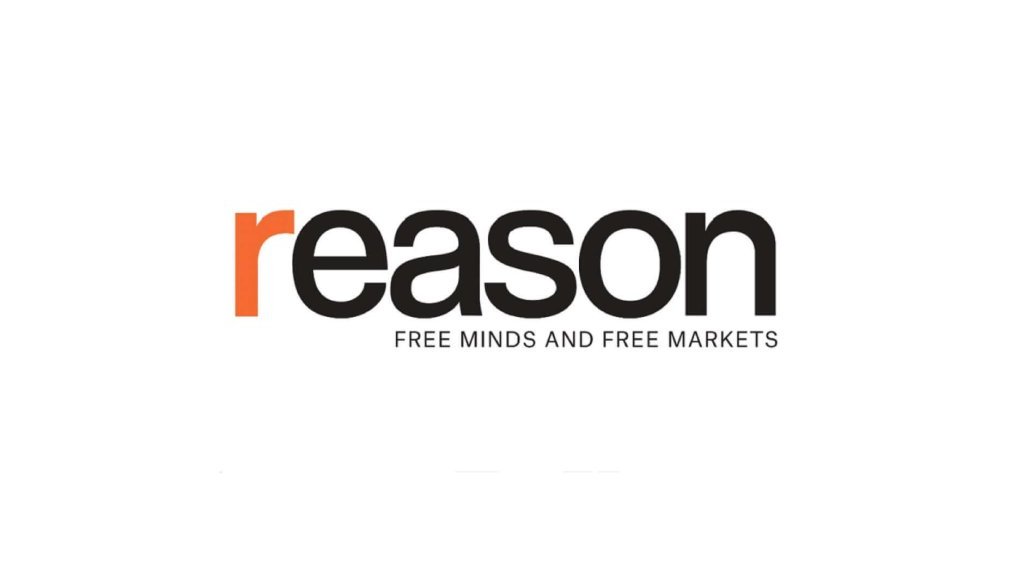The Art of the Empty Trade Deal
By its own reckoning, the Trump administration has now inked “the largest trade deal in American history”—twice. On July 22, it announced a deal with Japan, with the promise of $550 billion in direct investment in the United States. Shortly after came the European Union trade deal, which the administration hailed as “historic structural reforms.”
All this fanfare over record-breaking trade deals brings to mind the Trans-Pacific Partnership (TPP), which, in its time, was on track to be the globe’s largest free trade pact before President Donald Trump abandoned it in 2017. TPP partners represented 40 percent of all U.S. trade, and unlike today’s skeletal agreements, we had the details. In fact, we had 30 chapters of them, covering everything from intellectual property to tariffs to e-commerce.
In contrast, the Japan deal that Trump claims to have struck is more puzzle than promise. The White House fact sheet on the new deal claims, “Japan will invest $550 billion directed by the United States to rebuild and expand core American industries,” and that 90 percent of the return from investment would go to the United States. However, this language veers in a different direction from the Japanese cabinet release, which says “Japan will enable government-affiliated financial institutions to provide up to $550 billion in capital contributions, loans, and loan guarantees.” Council on Foreign Relations Senior Fellow Brad Setser has called the investment pledge “vaporware.”
The E.U. deal is, if anything, even thinner on details, with European negotiators rushing to clarify it was only a preliminary framework—political, provisional, and definitely not legally binding.
It didn’t have to be this way. The Trump administration
Article from Reason.com

The Reason Magazine website is a go-to destination for libertarians seeking cogent analysis, investigative reporting, and thought-provoking commentary. Championing the principles of individual freedom, limited government, and free markets, the site offers a diverse range of articles, videos, and podcasts that challenge conventional wisdom and advocate for libertarian solutions. Whether you’re interested in politics, culture, or technology, Reason provides a unique lens that prioritizes liberty and rational discourse. It’s an essential resource for those who value critical thinking and nuanced debate in the pursuit of a freer society.




